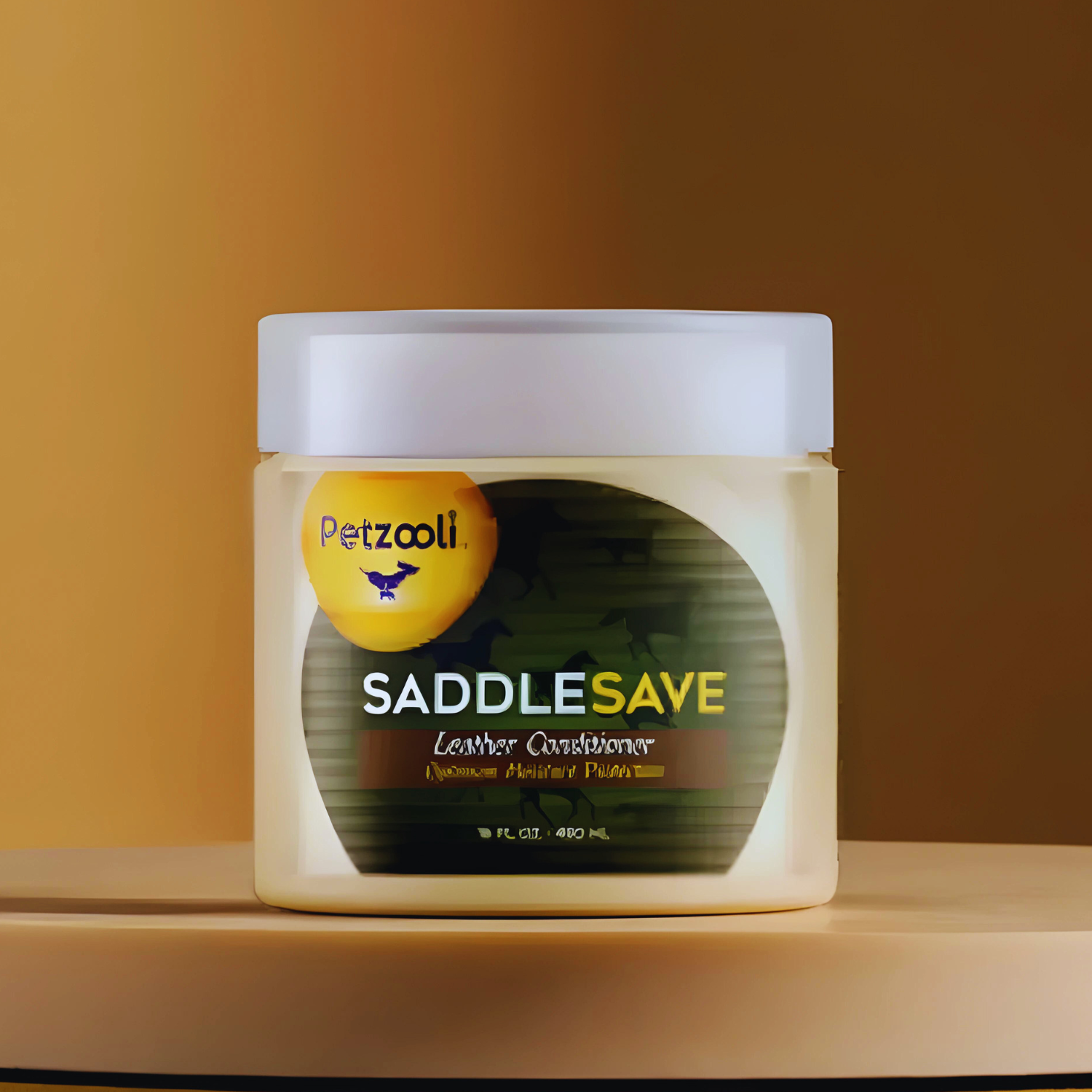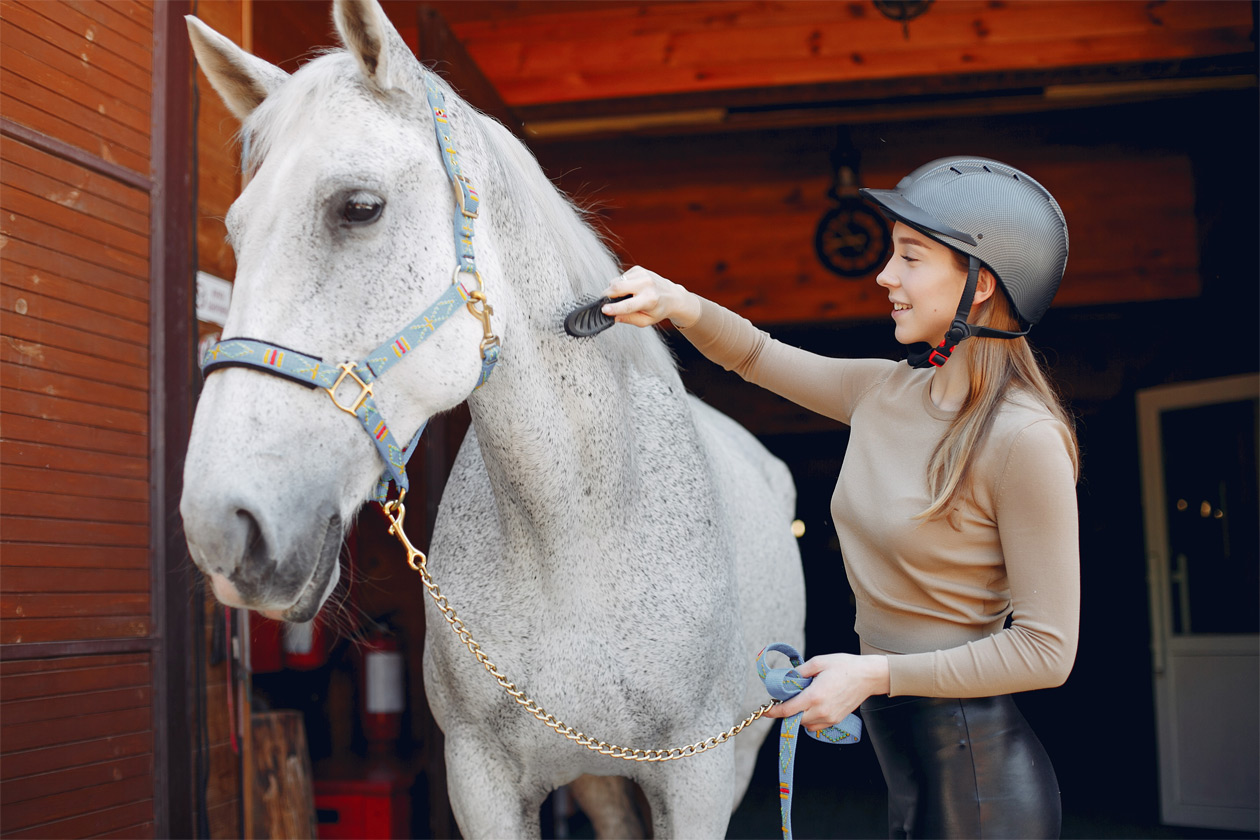
Exclusive Life-Changing Tips: How to Take Care of a Horse?
Share
Taking care of a horse might seem daunting, especially for first-time owners. However, with the right knowledge and preparation, it is an incredibly rewarding experience. This guide will provide you with remarkable insights and unmissable tips on how to take care of a horse, ensuring that your majestic companion remains healthy and happy.
Whether you are looking for practical advice on feeding, grooming, or even training, this article covers all bases. Horse ownership is not just about love; it's about understanding their needs and committing to a lifestyle that promotes their well-being.

Understanding Your Horse
Before diving into the practical aspects of horse care, it is essential to develop a bond with your horse. Understanding their behavior, body language, and individual needs is crucial for effective care. For instance, each breed may have differing needs, which you can learn more about from horse breeds.

Feeding Your Horse
Feeding a horse involves considering their age, weight, and activity level. A balanced diet contributes to your horse's overall health. It includes quality hay, grains, and horse supplements. Be mindful of shocking changes in diet; introduce new food gradually to avoid digestive issues.
For further insights on what to include in your horse's diet, check out what does a noseband do and how to choose the right equipment.
Hydration
Water is another vital component of your horse's diet. Ensure fresh, clean water is available at all times. Horses can drink up to 10 gallons a day, depending on factors like exercise and the weather.

Grooming Essentials
Grooming plays a significant role in maintaining your horse's health. Regular brushing removes dirt and debris, promotes circulation, and strengthens your bond with your horse.
Dont overlook important equipment such as nosebands. Properly fitting gear will keep your horse comfortable and safe.

Health Monitoring
Keeping a regular schedule of veterinary check-ups is vital. Regular vaccinations and dental care can prevent serious health issues. Additionally, observe your horse regularly for any changes in behavior, appetite, or physical condition.
Physical Exercise
Ensure that your horse receives adequate exercise. Depending on the breed and age, some horses require more activity than others. Riding, lunging, or simply allowing them time to roam in a pasture is beneficial.
Socialization
Horses are social animals. Turn them out with companions whenever possible to alleviate boredom and promote natural behavior.
Special Considerations
Be aware of your horse's unique needs. Some breeds, for example, require special shoeing or grooming techniques. For detailed advice, you can refer to why horses wear ear bonnets.
FAQs
1. How often should I groom my horse?
It is advisable to groom your horse daily to keep their coat clean and healthy.
2. What type of food is best for a horse?
A balanced diet of quality hay, grains, and specific horse supplements works best.
3. How can I tell if my horse is sick?
Look out for changes in appetite, behavior, or physical signs such as coughing or limping.
As an Amazon Associate, I earn from qualifying purchases.
